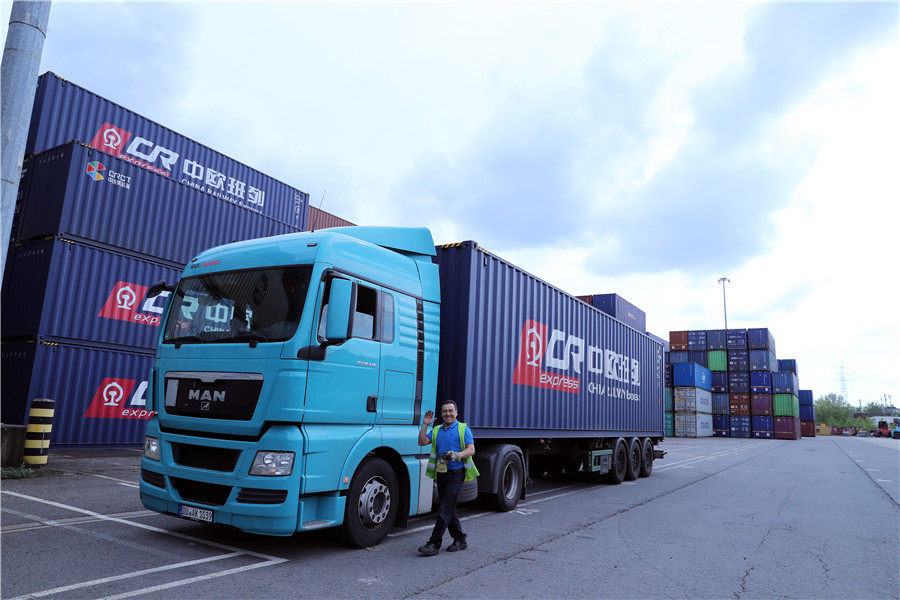Asia-Europe potential highlighted at Boao forum


Asia and Europe must deepen collaboration to protect multilateralism and reinforce open trade flow, according to political and business leaders speaking at the Boao Forum for Asia Rome Conference on Wednesday.
Interests aligned by a drive toward win-win opportunities, created from China's further opening-up and the growing global connectivity enabled by the Belt and Road Initiative, must be developed, they said.
"Great potential of cooperation (exists) in reshaping globalization and international rule-setting, based on their common grounds on international trade and investment, infrastructure development, climate change and digital economies," said Zhou Xiaochuan, former governor of the People's Bank of China, China's central bank.
"Reforming WTO and preserving the multilateral trade system are top priorities. China will do its part to further reform and open up its market for international access and actively contribute towards globalization," said Zhou, who is also vice-chairman of Boao Forum for Asia and vice-chairman of the 12th National Committee of the Chinese People's Political Consultative Conference.
Romano Prodi, former prime minister of Italy, said that China and Europe should deepen relations to defend globalization trends that "made possible the prosperity of the present" and make efforts to prevent the spread of protectionism and the rise of populism across Europe.
"Economic transformation is the key feature of the present. In a world that for decades has been hinging on the economic primacy of the US, now the European Union and China are two( of the) biggest economies," Prodi said.
Attended by about 300 political, business and academic leaders across 15 countries, the Boao Forum for Asia Rome Conference was hosted just days after political leaders reaffirmed support for a rules-based international order at the in Buenos Aires, with a focus on reforming the WTO.
At the G20 Leaders' Summit, China and the US also agreed to continue bilateral trade negotiations for realizing win-win cooperation.
This spirit of open trade was a hot topic at Wednesday's conference and many speakers hailed the China-proposed Belt and Road initiative as a critical platform to reinforce the momentum of globalization through improving connectivity.
"It is certainly an economic cooperation that would promote free trade, build infrastructure, create jobs and income, increase investment, and foster people-to-people understanding, not only between China and each BRI partner country but also between different BRI partners," said Surakiart Sathirathai, former deputy prime minister and foreign minister of Thailand.
"The BRI is not only opening up more free trade, but it is opening up some 70 countries and their people through connectivity through road, rail, seaport and airport construction connecting different parts of Asia and between Asia and Europe," said Sathirathai.
Proposed by President Xi Jinping in 2013, the Belt and Road Initiative advocates improved connectivity of infrastructure, trade, ideas and knowledge between Europe, Asia and other international markets.
Li Baodong, secretary-general of Boao Forum for Asia, added that the objectives of BRI are coherent with the European Commission's 'Connecting Europe and Asia: The EU Strategy', which is a plan launched in September this year with a view to improve Eurasian connectivity.
This sentiment for closer Asia-Europe collaboration was shared among business leaders from both continents at a CEO roundtable discussion on the sidelines of the conference.
"Despite various uncertainties in the global political environment, Chinese companies are increasingly expanding overseas and global firms are quickly identifying opportunities from the further opening up of China's market," said Liu Bing, co-president of the Beijing-based Hengchang Litong Investment Management.
"The tide of globalization cannot be turned back, and businesses across Asia, Europe and Belt and Road countries will continue to collaborate by leveraging on our complementarities, because it makes business sense for us to do so," Liu said.



































